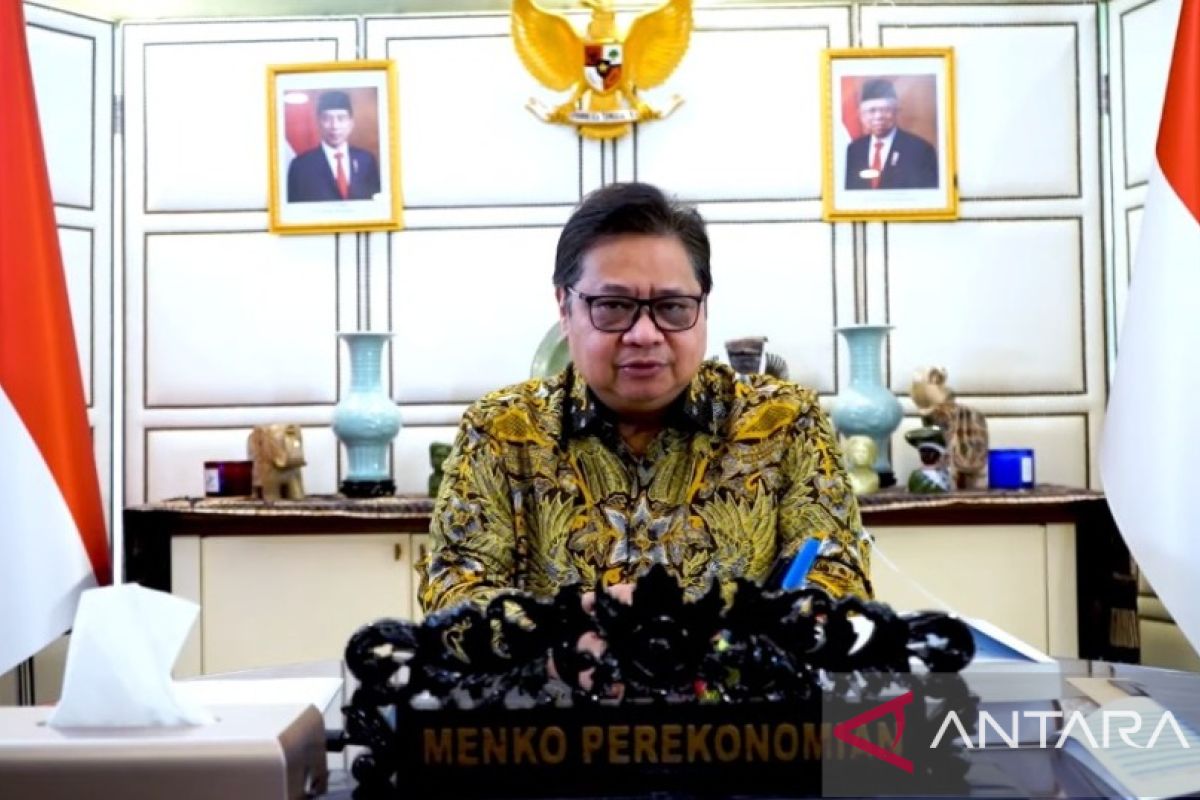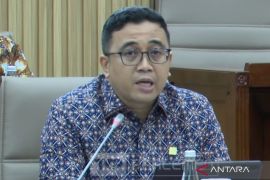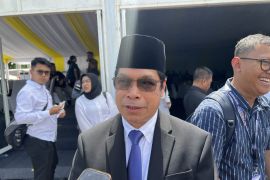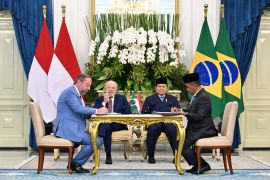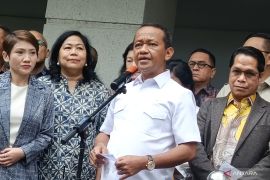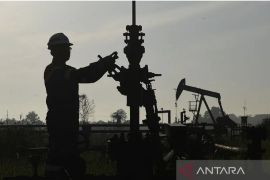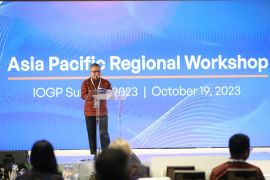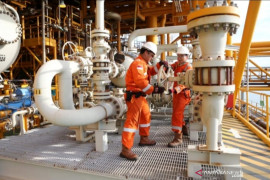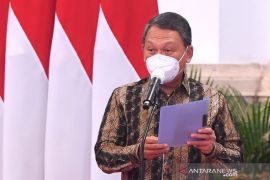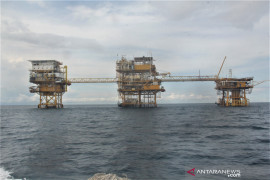"With incentives, it is expected that contractor companies (can work together) to boost their productivity, so that the targets can be achieved by 2030," he said.
The incentives include Abandonment and Site Restoration (ASR) and LNG VAT exception, as well as the scrapping of the fee for utilizing state items, which is used for upstream oil activities.
They also include the postponement or reduction of tax payments up to 100-percent non-direct taxes, incentives for investments, and fixing of gas volumes that can be sold at market price.
The government has implemented several policies, ranging from optimizing existing production in practice, undertaking resources to production transformation, to improving clean energy adoption, such as through carbon capture and storage/carbon capture, utilization, and storage.
Hartarto said that the policies and incentives have been formulated to help improve gas production since the industry supports national and regional economic growth.
Moreover, the current global situation, when the world is facing an energy crisis, is full of uncertainty and has shown that dependence on fossil-based fuels, such as gas, is still high.
The minister opined that the oil upstream sector can help develop local supporting industries so that the latter can grow through the use of domestic products, leading to improvements in the regional and national economies.
This could be realized by directly involving the oil upstream sector in the extensive promotion of domestic product use. The more local supplies improve, the more efficient the industry will become.
Gas contractors must also set a high standard for their prospective partners, and likewise, local supporting industries must improve their capacity to meet those standards.
The quality must be improved, particularly in terms of safety, so they can compete with foreign companies since the oil upstreaming sector is defined by its high risk.
Related news: Non-tax state revenue from energy sector at Rp189.2 trillion: minister
This would support the transformation of the national oil upstreaming industries, which are aiming for value addition and value creation, and thereby, offer a solution to contractors engaged in collaboration.
Such contractors could conduct exploration and exploitation while also meeting the standards of quality and safety, as well as offering good prices, in a bid to reach economic balance.
SKK Migas is expected to boost the oil upstreaming sector's development, particularly in planning, monitoring, and evaluating domestic supporting industries.
Minister Hartarto said that the sector has huge potential, which could determine the growth of the national economy.
Related news: RI outlines strategies for reducing emissions in oil, gas subsector
Translator: Astrid F H, Mecca Yumna
Editor: Rahmad Nasution
Copyright © ANTARA 2022
